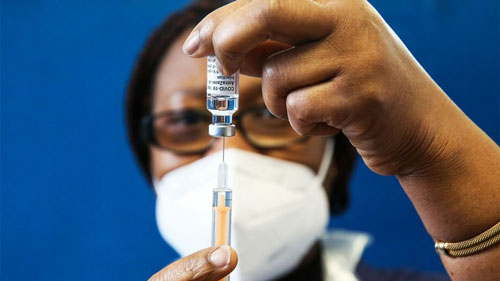ACCORDING to an opinion piece in the BMJ, inequalities in the supply of vaccines to middle- and low-income countries have been compounded by a lack of access to data from clinical trials.
The author warns that this lack may stoke anti-vaccine conspiracy theories.
He argues that poor vaccine supply and public skepticism are likely to fuel the spread of new, more dangerous strains of the virus.
In the past month, more than 1,000 scientific, public health, and legal experts have joined a call to global leaders to ensure access to Covid-19 vaccines for low- and middle-income countries.
“The Covid-19 pandemic will not be over for us until it is over for everyone,” the authors wrote in an open letter.
Now, a health expert in Argentina argues in the BMJ that, on top of supply problems, Latin American countries face an additional challenge due to a lack of publicly available data about vaccines from Russia and China.
Dr. Juan Víctor Ariel Franco, the editor-in-chief of BMJ Evidence-Based Medicine and a lecturer in research methodology, family medicine, and public health at the Instituto Universitario of the Hospital Italiano de Buenos Aires, in Argentina, points out that high-income countries have not had to face this difficulty.
“The lack of publicly available data on these vaccines adds another layer of inequality: We are administering vaccines to millions of individuals in Latin American countries for which we have little to no information beyond press releases,” he writes.
If the virus is allowed to spread unchecked in low- and middle-income countries, Dr. Franco warns, it will mutate into variants that evade the immune protection from vaccines.
Stay informed with live updates on the current Covid-19 outbreak and visit our coronavirus hub for more advice on prevention and treatment.
Despite extreme political, economic, and social difficulties in Latin America, the rollout of Covid-19 vaccines started at the end of 2020 due to direct agreements between national governments and vaccine manufacturers.










